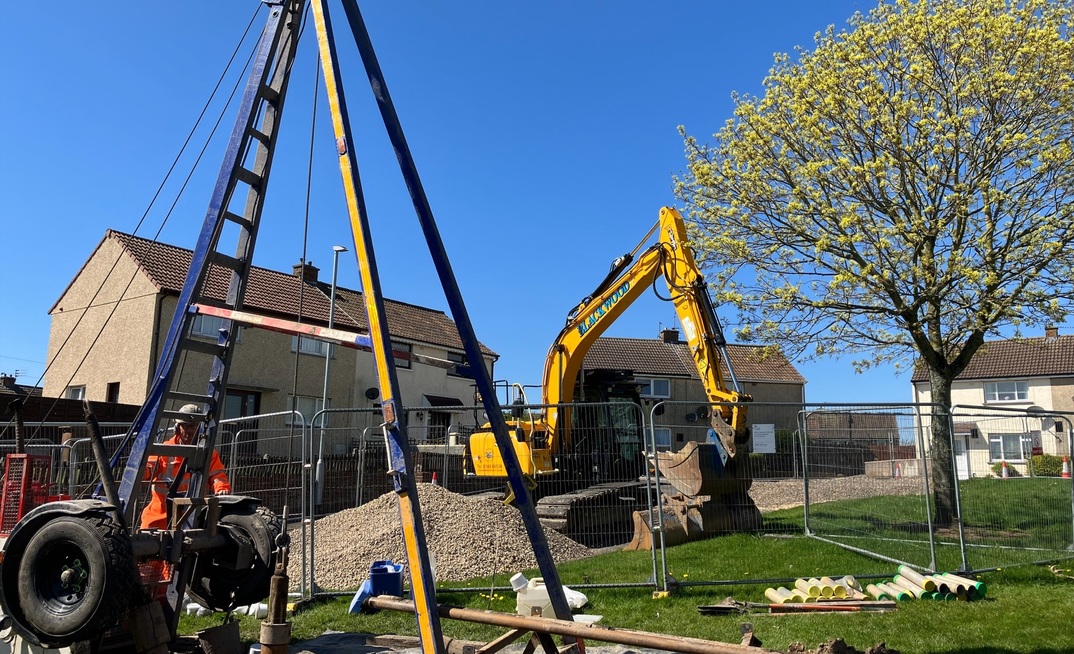Established in 1994 to manage the mining legacy of England, Scotland and Wales, the Coal Authority has always been called upon to support the ‘blue-light' emergency services on major incidents related to historical mining.
Following a review of an incident in South Wales in 2021 the Coal Authority formalised its incident response procedures, creating an emergency response team, structured on-call procedures to operate 24 hours a day, seven days a week, and more formal training and developing of staff for the on-call team.
A wide range of work was also carried out to raise awareness of risks related to historical mine workings and how the Coal Authority can support Local Resilience Forums and other key partners in mitigating, responding and recovery from incidents.
This and other changes in the Coal Authority's incident response policies and procedures led to the granting of Category 2 Responder status in February 2023.
Jim Repp, head of Resilience, said: "Protecting the public and environment on the coalfield is one of the Coal Authority's key responsibilities and we have an expert, committed and passionate workforce - people who work with our customers and partners 24/7 to help protect life, drinking water and the environment from the challenges of Great Britain's mining legacy.
Protecting the public and environment on the coalfield is one of the Coal Authority's key responsibilities
"Category 2 responder status has helped us raise awareness of the work we do across Great Britain but we have not sat on our laurels and are now also working to improve our business continuity and climate change approaches, while always looking to develop and improve the training that we deliver to our staff."
The Coal Authority was established in 1994 under the Coal Industry Act 1994, to manage some of the functions of the then British Coal Corporation (formerly the National Coal Board).
Nearly 30 years on, it is now responsible for managing the safety issues that have resulted from years of coal mining, dealing with water pollution caused by historical coal mining and working with partners and the public to provide mining reports and respond to planning consultation requests as well as licensing coal mining in Britain.
Incidents that the Coal Authority commonly assists with include sudden ground collapses, releases of water or gas, land drainage related to mine subsidence, coal tip slips and incidents of spontaneous combustion on the coalfield.
In 2022 to 2023, the Coal Authority carried out 10,476 mine entry inspections, investigated 770 mining hazards and subsidence claims and created the capacity to treat 220 billion litres of mine water a year.



















